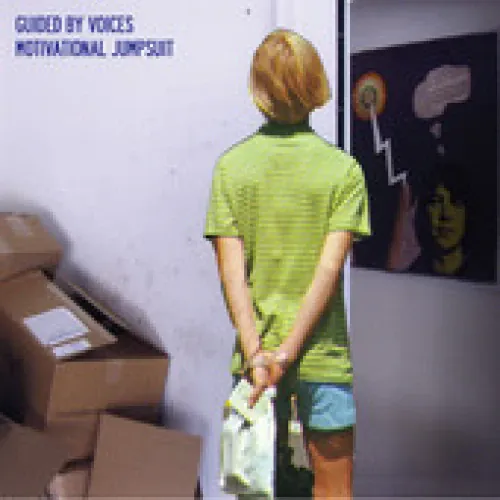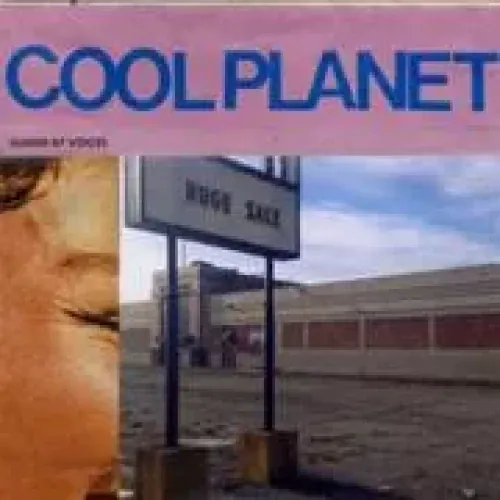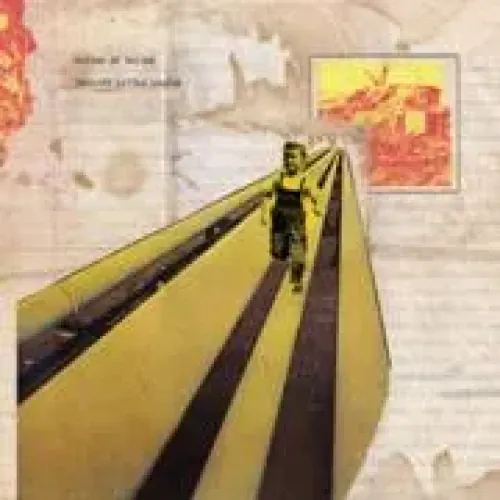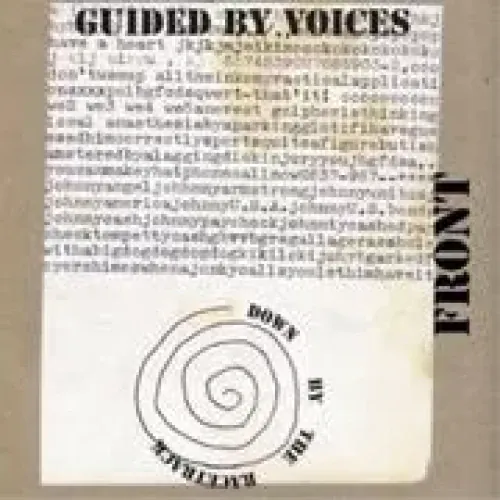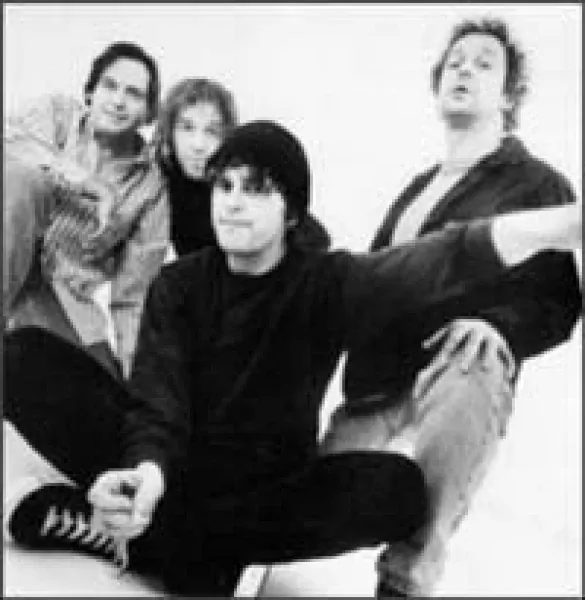
Guided By Voices
Top Guided By Voices albums
Top Guided By Voices lyrics
(I'll Name You) the Flame That Cries
Guided By VoicesGuided By Voices biography
Inspired equally by jangle pop and arty post-punk, Guided by Voices created a series of trebly, hissy indie rock records filled with infectiously brief pop songs that fell somewhere between the British Invasion and prog rock. After recording six self-released albums between 1986 and 1992, the Dayton, OH-based band attracted a handful of fans within the American indie rock underground. With the 1994 release of Bee Thousand, the group became an unexpected alternative rock sensation, winning positive reviews throughout the mainstream music press and signing a larger distribution deal with Matador Records. Despite all of the attention, the band never changed their aesthetic, continuing to record their albums on cheap four-track tape decks and thereby limiting their potential audience, yet that devotion to lo-fi indie rock helped Guided by Voices maintain a sizable cult during the late '90s.br /br /Schoolteacher Robert Pollard formed Guided by Voices in the early '80s. Throughout the group's history, Pollard was at the center, writing the majority of the songs and leading each incarnation of the band. During the '80s, Pollard was frequently joined by his brother Jim, who continued to write songs for the group even after his departure in the late '80s. Guided by Voices didn't become a full-fledged band until guitarist Tobin Sprout and ba**ist Dan Toohey joined the group in 1985. A year later, the group released an EP, Forever Since Breakfast, on the local indie I Wanna Records. Guided by Voices released their first full-length album, Devil Between My Toes, on their own G Records in 1987; it was followed several months later by Sandbox, which appeared on Halo. Self-Inflicted Aerial Nostalgia was released on Halo in 1989 and Same Place the Fly Got Smashed appeared on Rocket #9 Records in 1990.br /br /During the latter half of the '80s, Guided by Voices was essentially a hobby. The band rarely performed, and a wide array of musicians appeared on the group's albums -- according to some estimations, nearly 40 musicians pa**ed through the band during its first decade. Nearly all of the Guided by Voices albums before Vampire on Titus were recorded in Steve Wilbur's eight-track studio in his home garage; Wilbur occasionally played guitar and ba** on the records. Guided by Voices added Mitch Mitchell (rhythm guitar) and Kevin Fennell (drums) around the time of Propeller (1992), which was released on Rockathon Records.br /br /Prior to 1993's Vampire on Titus, all of Guided by Voices' records were essentially interchangeable musically, and none were widely available. Vampire on Titus was the first album the band released on the Cleveland-based indie label Scat, and the wider distribution meant the record was heard by a larger audience. Soon, the group had won fans like fellow Dayton native Kim Deal (Pixies, Breeders) and Sonic Youth's Thurston Moore. Later in 1993, the band began playing live for the first time in several years, with Greg Demos replacing ba**ist Toohey. By the spring of 1994, Scat had entered a national distribution deal with Matador Records. Bee Thousand was the first album released under the deal, and it became a surprise word-of-mouth hit, earning positive reviews from mainstream publications like Rolling Stone and Entertainment Weekly. Pollard had quit teaching shortly before the spring release of Bee Thousand, and the group toured heavily behind the album, appearing on the second stage at several Lollapalooza dates. By the fall, GBV's video for "I Am a Scientist" was aired a handful of times on MTV. Demos left the band in late 1994 to study law and was replaced by music journalist Jim Greer.br /br /By the release of 1995's Alien Lanes, the group had joined Matador's official roster; their contract with Scat was completed with the spring release of Box, a five-disc box set containing the band's pre-Propeller albums. Alien Lanes was greeted with positive reviews upon its March release, and the group embarked on its first full-scale American tour. Greer left the band before the recording for Under the Bushes Under the Stars, which was released in spring of 1996. That fall, Pollard and Tobin Sprout both released solo albums on the same day; the records were quickly followed by an album-length EP a month after their release. As the solo albums indicated, Pollard and Sprout had a falling out during the group's extensive tour earlier that year, which resulted in Robert firing the rest of the group. At the end of 1996, Pollard recorded the next Guided by Voices record, Mag Earwhig!, supported by the Cleveland garage punk band Cobra Verde. In 1999, Guided by Voices left Matador to sign with TVT Records, who paired the band with producer Ric Ocasek in hopes of giving GbV's label debut, Do the Collapse, a more radio-friendly sound. Pollard, however, allowed fans of his older work to revel in his lo-fi period with Suitcase: Failed Experiments and Trashed Aircraft, a four-disc box set featuring 100 unreleased songs recorded over the space of 25 years. While GbV's second album for TVT, 2001's polished and hard-rocking Isolation Drills, received strong reviews, the band hadn't expanded their fan base far beyond their loyal cult, and in 2002 GbV returned to Matador with Universal Truths and Cycles, as well as releasing a number of side projects through Pollard's reactivated Rockathon label. In the spring of 2004, Pollard startled his fans with the announcement that he would be breaking up Guided by Voices later that year. The band's final album, Half Smiles of the Decomposed, was released the following August, and the resulting farewell tour concluded with a New Year's Eve show in Chicago. Even broken up 2005 was a busy year for GBV. Pollard signed with Chapel Hill's Merge Records, and announced plans for a 2006 solo album. Rock critic and former band member Jim Greer released Guided by Voices: A Brief History: Twenty-One Years of Hunting Accidents in the Forests of Rock and Roll. There was another boxed set of unreleased material, this one entitled Suitcase 2: American Superdream Wow, and the 1992 album Propeller was reissued. ~ Stephen Thomas Erlewine, All Music Guide

